February 11, 2015
BIFM and CIPD launch Workplace Conversation to discuss future of work
 The BIFM and the CIPD have launched a joint initiative that aims to examine the evolution of the working environment and the future of work. The Workplace Conversation, project, which was announced by BIFM Chief Executive, Gareth Tancred, at the Workplace Futures conference yesterday, builds on the agreement made between the two bodies last year to collaborate on ways the ‘custodians of two of the most important drivers of business performance – people and place’ could build bridges between the two disciplines. The project will aim to identify and define the challenges, ideas and opportunities on how work is enabled, both now and in the future, and will explore topics such as the emergence of new technologies, economic forces and flexible working alternatives, and their impact on business performance and the way people work.
The BIFM and the CIPD have launched a joint initiative that aims to examine the evolution of the working environment and the future of work. The Workplace Conversation, project, which was announced by BIFM Chief Executive, Gareth Tancred, at the Workplace Futures conference yesterday, builds on the agreement made between the two bodies last year to collaborate on ways the ‘custodians of two of the most important drivers of business performance – people and place’ could build bridges between the two disciplines. The project will aim to identify and define the challenges, ideas and opportunities on how work is enabled, both now and in the future, and will explore topics such as the emergence of new technologies, economic forces and flexible working alternatives, and their impact on business performance and the way people work.






 Just a few days ago,
Just a few days ago, 

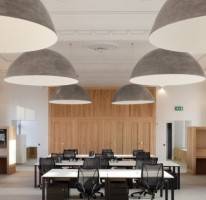


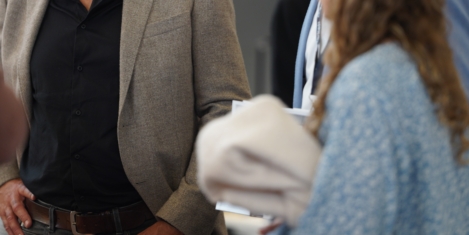
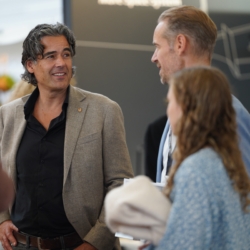




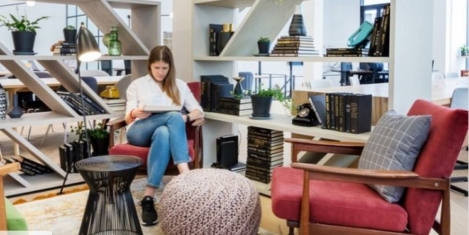
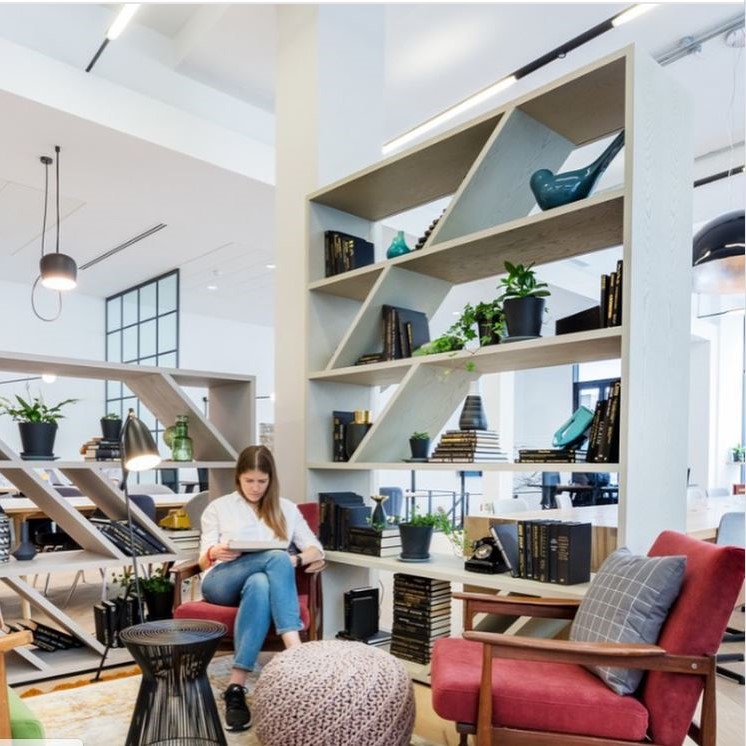








April 9, 2015
Video: Perry Timms lays down some thoughts on the future of work 0
by Mark Eltringham • Comment, Flexible working, Workplace
[embedplusvideo height=”226″ width=”350″ editlink=”https://bit.ly/1H5dW1V” standard=”https://www.youtube.com/v/qGH7nkXNm_k?fs=1&vq=hd720″ vars=”ytid=qGH7nkXNm_k&width=350&height=226&start=&stop=&rs=w&hd=1&autoplay=0&react=0&chapters=¬es=” id=”ep4799″ /]
Regular readers will know we’re not too fond of the F Word at Insight. This isn’t because we think there is nothing to talk about when it comes to the future (what else did you think we meant?) of work and workplaces. We just believe that the word is now routinely misapplied to justify an endless effluvia of simplistic nonsense, absurd generalisations, undisguised commercialism and wishful thinking. Not to mention the eternally tedious idea that the ‘office of the future’ can be defined in very specific ways based on a few supposedly cool but actually infantile features borrowed from primary schools. Fortunately, all this misdirection makes the informed, wise and sober reflections of Perry Timms all the more powerful when he spoke recently at TedX in Bucharest to outline the challenges and opportunities of the future of work.